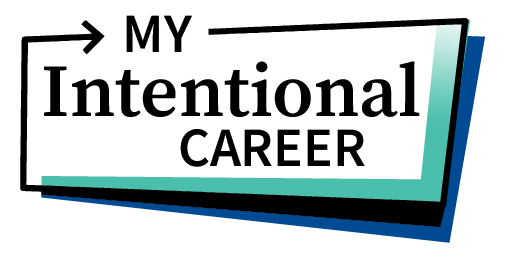How often have you made a plan, been excited or nervous, mobilised resources, people, made investments, (in or outside work) only for something to change?

Life often doesn’t follow a plan because it’s heaped with variables, many totally out of our control… the actions of others, changes in our thinking, needs, or wants. A new piece of information comes to light, a conversation shifts some thinking, a family member needs unexpected support, an employer makes changes to their planning, a change in weather, transport or a major economic event – sometimes small almost insignificant changes.
I’m reminded of a friend’s wedding – meticulously planned for months to within the minute – guests arriving from around the world – contingencies in place for what seemed like everything, only to find two days before strikes hitting the country and petrol/gas stations running out of fuel. Some guests unable to reach the venue in a beautiful remote location, requiring a car! It ended well, but with a significant amount of stress. No-one could have planned a contingency for that.
Twist and turns of life are natural.
Life is inherently complex and nonlinear. Many things are interconnected, so a change in one area can ripple across others. The intricacy of all these interconnected parts makes life unpredictable and difficult to control, no matter how careful we are in crafting out plans.
So what to do?
Maybe what’s most important is how you deal with it… for some of us a change is plan is an opportunity, we embrace it, run with it and are happy to constantly adapt (and maybe those of us with this preference put minimal planning in place in the first instance!)
For others, changes in plans can feel catastrophic and hugely stressful.
Knowing your own preferences around planning is helpful. Understanding and appreciating the preferences of others whether at work or home, will also enable you to navigate conversations better, particularly when changes occur.
Plans should be seen as guidelines, not guarantees.
Planning is a way to give us structure. It gives us a roadmap, something tangible to follow. In a work environment it can be the difference between a smooth outcome and chaos. In life it can provide us with a sense of security and help keep us on track with our goals. Maybe a way to look at planning is that it’s not so much about making sure things go exactly to plan, but also preparing ourselves to respond better when they go awry
Think of an unexpected change that happened to you recently.
How did you respond?
Is there anything on reflection you might have done differently?
Anything you can learn about how your preferences played out in that situation?




0 Comments